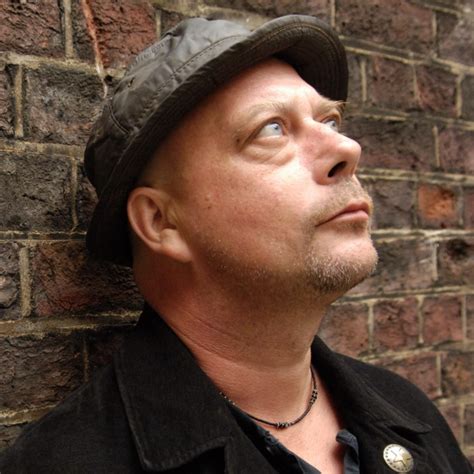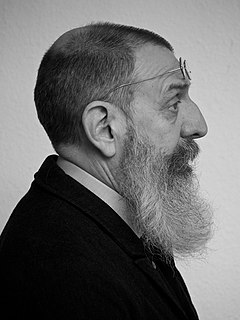A Quote by Sylvia Day
Take your time, however long the book needs. I've seen a lot of promising careers go into decline because writers succumbed to the pressure to write faster than was comfortable for them or the story.
Related Quotes
To me a good book is like a quiet friend—a friend who’s happy to share thoughts and feelings with you, who’s always there when you need them. Best of all, this friend doesn’t have any secrets. They trust you to understand them. They take you to their innermost places. They share their sensations and emotions—and they let you experience them. Wherever you go and however you feel, they are always by your side. For an hour, a day, a week, or forever, their life becomes yours. Their story is your story. That’s the kind of book I’m trying to write.
You have to surrender to your mediocrity, and just write. Because it's hard, really hard, to write even a crappy book. But it's better to write a book that kind of sucks rather than no book at all, as you wait around to magically become Faulkner. No one is going to write your book for you and you can't write anybody's book but your own.
I taught everyone a very bad lesson at my publisher because they actually gave me deadlines this time and I'm now meeting them. I used to say, "Here's my book; it's six years late." I'm so much faster now, and work differently. With all the years of writing, I think I still draft as obsessively, but I think back to writing. On your first story, you start at draft one. On your second story, you start at draft ten. On your third story, you start at draft one hundred. If you need a hundred and eight drafts, you may write eight instead of a hundred and eight.
Never before have I written so long a letter. I'm afraid it is much too long to take your precious time. I can assure you that it would have been much shorter if I had been writing from a comfortable desk, but what else can one do when he is alone in a narrow jail cell, other than write long letters, think long thoughts, and pray long prayers?
Writing is not a great profession as a lot of writers proclaim. I write because this is something I can do. Another thing—very often I think a lot of writers write because they have failed to do other things. How many writers can’t drive? A lot. They’re not practical. They are not capable in everyday life.
I don't write as much now as I used to, but I write. The lines still come, maybe periodically, and I'll go through these little bursts of time where I write a lot of things then a long period of time where maybe I don't write anything. Or these lines will come into my head and I'll write 'em down in a little book, just little sets of lines, but I won't try to make stories or poems out of them. I'm doing a lot of that now, just the lines.
When a story or part of a story comes to me, I turn it over in my mind a long time before starting to write. I might make notes or take long drives or who knows what. By the time I give myself permission to write, I know certain things, though not everything. I know where the story is headed, and I know certain crucial points along the way.
If you're going to be a writer, you're going to write because you have to. It's not like other arts and not nearly as rewarding because it's a lot lonelier, and most of the time it's just you alone in a dark room or a coffee shop. But a lot of writers have to write because they're writing for themselves, so whether or not someone sees your work or not- they're still writing because they absolutely have to.
... The Book is more important than your plans for it. You have to go with what works for The Book - if your ideas appear hollow or forced when they are put on paper, chop them, erase them, pulverise them and start again. Don't whine when things are not going your way, because they are going the right way for The Book, which is more important. The show must go on, and so must The Book.
People go to Vegas, and they don't know what to do; here's what you do. You go to the casino in your hotel. On your arrival, you get $100 in quarters. Take that $100 back to your hotel room and stare at it for a long, long time. Why? Because you're never going to see them again. Then you take those quarters to the bathroom and you flush them, one by one by one. And the nice thing about that is that every so often the toilet will back up, and you'll feel like a WINNER!






































